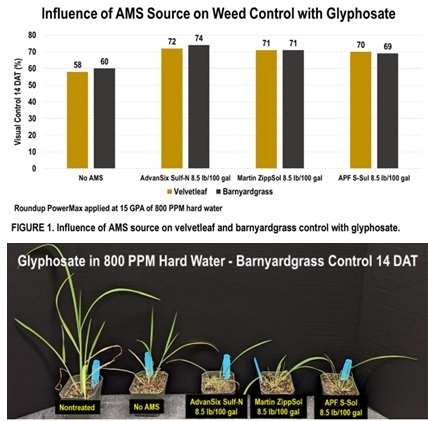The Lost Crusade To Convince The Anti-Biotech Camp
When I first started my career in trade journalism, some of the best advice I received was to avoid the topic of religion in my writing. “People’s views on this are very ingrained and you won’t be able to convince them any differently,” said my first editor. “So don’t even try.”
Of course, this “deeply ingrained” attitude could apply to the opponents of biotechnology as well. To them, traditional/organic crops are from God and biotech crops are from the devil. No debate, no middle ground.
Now for several years, I’ve heard from industry friends that the ongoing effort to convince the public that biotech crops are safe should extend to the anti-biotech camps, too. But I think biotech opponents are as entrenched in their views as believers in a particular faith. Thus, supporters don’t have a prayer of convincing them otherwise.
And I’m not alone in this view. Consider this blog comment from Pamela Ronald, a professor of plant pathology at the University of California, Davis: “Many progressive advocacy groups disregard, reject or ignore the decades of scientific studies demonstrating the safety and wide-reaching benefits of genetically-engineered crops.”
For proof, consider these examples.
Many years ago, I remember writing about Golden Rice. This variety of rice was specifically genetically-engineered to contain Vitamin A. It was to be distributed in less-developed countries to combat blindness in children, who might otherwise not obtain regular Vitamin A in their diets. In my book, this puts Golden Rice in the same “good-for-you” category as vitamin-fortified milk or fluorinated water.
However, because Golden Rice is a biotech crop, opponents around the world have kept it from entering the market. In fact, just last year, protesters ripped up a test field of Golden Rice in the Philippines, blind children around the world be damned.
A more recent example comes from Hawaii. Biotech opponents on the Big Island have gotten legislators to pass a ban on the use of any biotech crops there. However, this overlooks the fact that biotech crops are already there — in the form of the Rainbow papaya. When a virus threatened to wipe out the island’s papaya growers during the 1990s, only the biotech engineered Rainbow was immune. Today, more than 20 million pounds of the papayas harvested in the U.S. are Rainbows.
Luckily, the Rainbow was exempted from the biotech ban, as long as growers registered with the county and paid an annual $100 fee. But as the grower association head put it after the legislation was passed: “They’re treating us like we’re criminals.”
It’s clear that if these biotech crop examples aren’t good enough for critics — be it helping blind children or saving Hawaii’s papaya industry — nothing with a biotech label on it ever will be in their eyes. It’s time to stop trying to convince these anti-biotech believers that their view are wrong and focus on getting the true positive biotech message to everyone else instead. Amen.






